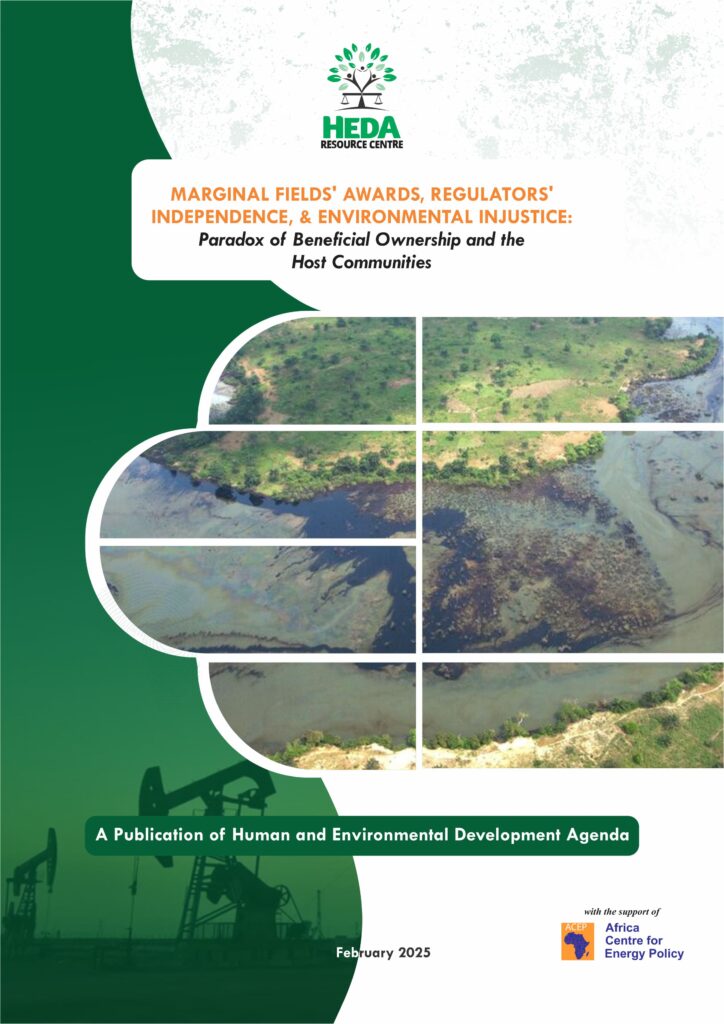Stakeholders at the 37th Anti-Corruption Situation Room (ACSR) in Uyo, organized by the HEDA Resource Centre, United Nations Office on Drugs and Crime (UNODC), and the Kano State Anti-Corruption Commission, have emphasized the critical need for judicial reforms to counter systemic corruption and political interference, which have severely undermined public trust in Nigeria’s judicial system. Key recommendations focused on enforcing accountability, promoting ethical standards, and ensuring fair, unbiased rulings to safeguard democracy and public confidence.
The conference brought together key anti-corruption bodies and stakeholders from across the country. The event, themed “Addressing Corruption in the Judiciary and Providing Effective Strategies for Transparency and Accountability,” provided a platform for participants to dissect challenges facing Nigeria’s judiciary, proposing actionable steps to mitigate corruption and strengthen the rule of law.
The event follows the release of the 2024 Corruption Survey Report by the UNODC and Nigeria’s National Bureau of Statistics, which estimated that $1.23 billion (N721 billion) in bribes was paid to public officials in 2023, with a significant portion reportedly linked to the judiciary.
HEDA Chairman Olanrewaju Suraju emphasized the urgency of tackling judicial corruption, noting the impact of inconsistent judgments, judicial manipulation, and other integrity issues on public trust. Suraju called on all stakeholders, including academics, civil society, and judiciary members, to develop evidence-based recommendations for Chief Justice of Nigeria, Justice Kudirat Kekere-Ekun, to address these issues head-on.
Justice Kekere-Ekun was ably represented at the event by Justice Adamu Jauro. Other notable figures in attendance included Justice Ejembi Eko (JSC Rtd.), Independent Corrupt Practices and Other Related Offences Commission (ICPC) Chairman, Dr. Musa Aliyu, represented by Barr. Dennis Idoko, as well as representatives from Nigeria’s legal space, anti-corruption bodies, academic institutions, civil society organizations, and the media.
The event also included a virtual address by Prof. Itse Sagay, Chairman of the Presidential Advisory Committee on Anti-Corruption, who underscored the judiciary’s historical importance and the urgent need for reforms to restore its foundational role in upholding state stability.
Key presentations highlighted issues such as judicial bribery, manipulation by political actors, and the need for oversight and sanctions to uphold ethical standards. Retired Justice Ejembi Eko addressed the critical role of ethics and professionalism, stating that adherence to a code of conduct is the judiciary’s strongest defense against misconduct.
Barrister Muhyi Magaji, Chairman of the Kano State Anti-Corruption Commission, called attention to political interference in judicial appointments, which he described as contributing to “judicial capture,” where judges feel obliged to serve political interests over justice. Magaji advocated for judicial reforms, including the adoption of technology to enhance transparency, and proposed convening a National Judicial Reform Conference to address systemic issues.
Rotimi Oyedepo, Special Adviser to the President on Financial Crimes, also highlighted the need to tackle both institutional and cultural factors enabling judicial corruption. He called for robust penalties against bribery, biased rulings, and procedural delays that disrupt justice.
The two-day conference is expected to yield a comprehensive set of recommendations aimed at strengthening judicial accountability, minimizing political influence, and ultimately restoring public confidence in Nigeria’s judiciary.



